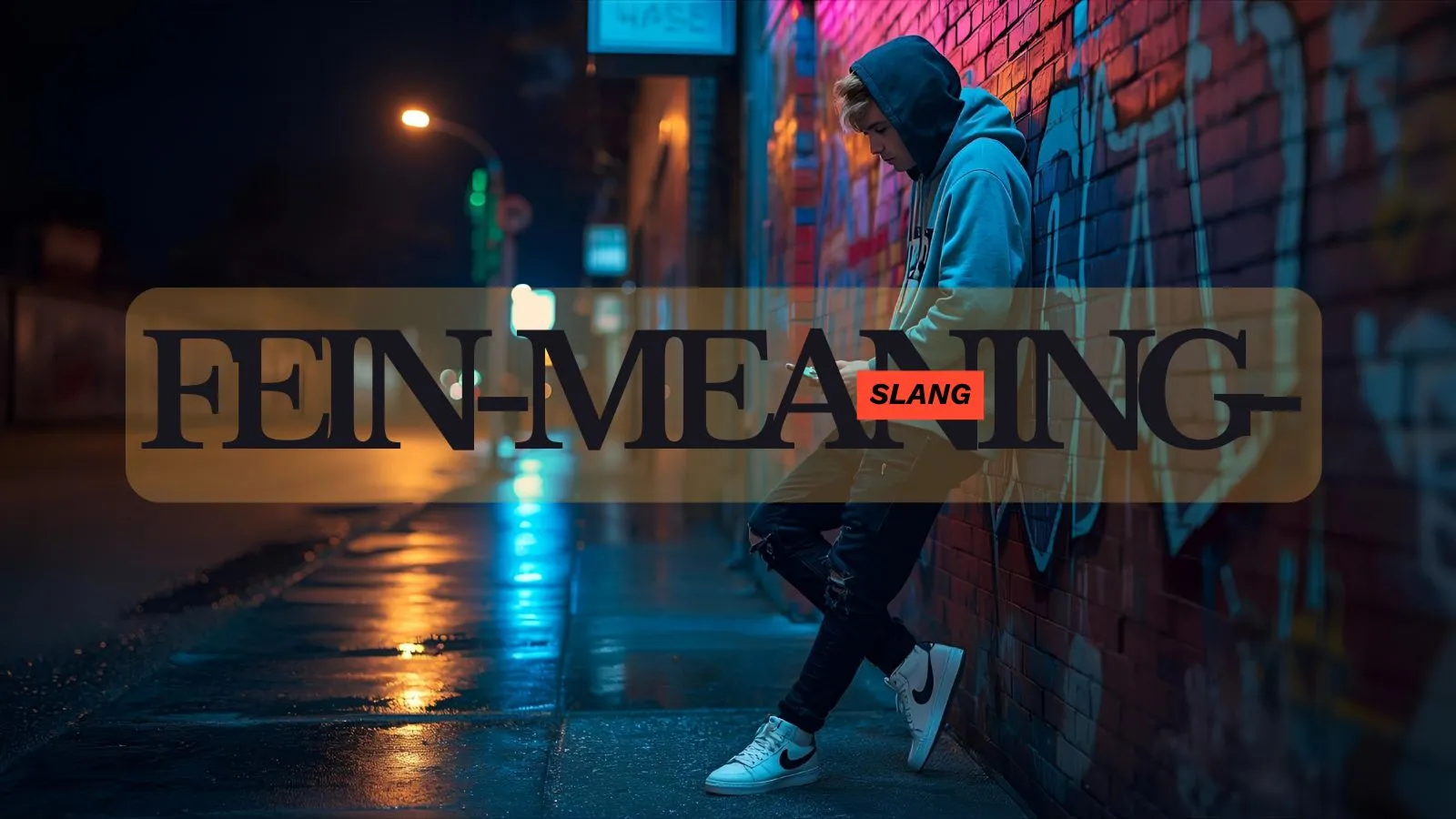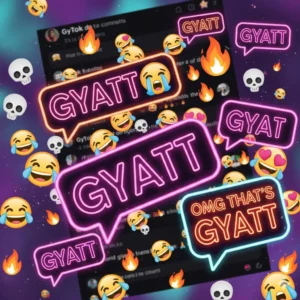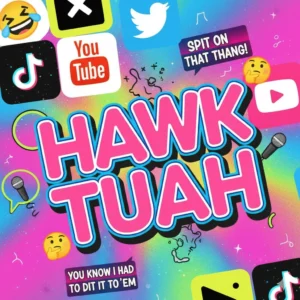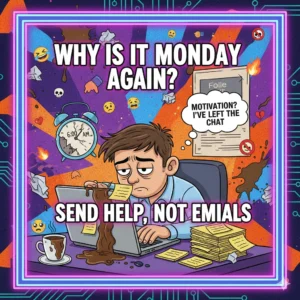Language is alive—it changes daily, shaped by culture, social media, and real-life conversations. Slang terms, in particular, spread rapidly across communities, especially through TikTok, Instagram, Twitter/X, and texting.
One such term that has gained widespread use, especially among younger generations, is “fein.”
If you’ve ever come across a phrase like “He’s a sneaker fein” or “Stop feinin’ for attention,” you may have wondered: What does this actually mean?
In this comprehensive 2025 guide, we’ll break down:
- The meaning of “fein” in slang.
- Its origins and cultural context.
- How it’s used in texts, music, and conversations today.
- The positive and negative connotations of the word.
- Polite, professional, and casual alternatives you can use.
- 10 powerful examples with nuanced explanations.
By the end, you’ll not only understand “fein” but also know when—and when not—to use it, ensuring your communication is both effective and appropriate.
What Does “Fein” Mean in Slang?
At its core, “fein” is slang for someone who is obsessed with, addicted to, or desperately wants something.
It comes from the word “fiend”, historically meaning a wicked person or, in modern contexts, someone addicted to drugs.
Over time, the pronunciation and spelling shifted in certain communities, particularly African American Vernacular English (AAVE), leading to the more casual form “fein.”
Today, it’s not limited to substance addiction. Instead, it’s widely used to describe:
- Someone with an intense craving (e.g., “He’s a junk food fein”).
- A person who’s overly eager (e.g., “Don’t fein for likes online”).
- A playful exaggeration of passion or interest (e.g., “She’s a fashion fein”).
The Evolution of “Fein” (2025 Context)
In 2025, slang terms evolve faster than ever before because of memes, music, and viral content. While older generations remember “fein” mainly in the context of drug addiction, younger audiences have repurposed it as a playful or dramatic way to emphasize desire.
Key Shifts in 2025:
- TikTok & Music Influence – Viral sounds often include exaggerated versions of “fein” (e.g., “I’m feinin’ for that drop!” in reference to waiting for a beat).
- Positive vs. Negative Connotation – Unlike the harsh association with addiction in the 1990s–2000s, today it can be used positively, almost as a compliment (“You’re such a gym fein—always working hard!”).
- Text Messaging Abbreviation – In chats, “fein” is often shortened to simply mean craving or wanting something badly.
Fein Meaning in Text and Online Conversations
When you see “fein” in text messages or online, its meaning depends heavily on context. Here are the main interpretations in 2025:
- Literal craving: “I’m feinin’ for some pizza rn.”
- Attention-seeking: “She always posting selfies, such a fein for validation.”
- Passion-driven obsession: “He’s a sneaker fein—lines up for every drop.”
- Romantic/sexual undertone (informal): “You got me feinin’ for you.”
👉 Unlike older dictionary definitions, these modern meanings are flexible, playful, and not always negative.
Polite, Professional, and Casual Alternatives to “Fein”
Because “fein” can sound harsh or unprofessional, you may want to use alternatives depending on the setting. Below are options with tone explanations:
Polite Alternatives
- Enthusiast
- Admirer
- Avid supporter
Professional Alternatives
- Dedicated
- Committed
- Passionate about
Casual Alternatives
- Obsessed
- Craving
- Hooked on
- Into it
10 Examples of “Fein” with Alternatives
Here are 10 practical examples showing how “fein” works in different contexts, with better alternatives depending on the tone you want:
Example 1 – Food Craving
- Slang: “I’m feinin’ for some tacos right now.”
- Polite: “I’m really craving tacos right now.”
Example 2 – Social Media Attention
- Slang: “He’s such an attention fein.”
- Professional: “He seeks constant validation online.”
Example 3 – Music Addiction
- Slang: “She’s a Drake fein—knows every lyric.”
- Casual: “She’s obsessed with Drake’s music.”
Example 4 – Sports Dedication
- Slang: “You’re a basketball fein.”
- Polite: “You’re a true basketball enthusiast.”
Example 5 – Love/Romantic
- Slang: “I’m feinin’ for your love.”
- Professional (poetic tone): “I deeply long for your love.”
Example 6 – Sneaker Culture
- Slang: “Bro’s a sneaker fein.”
- Casual: “He’s hooked on sneaker drops.”
Example 7 – Study Habits
- Slang: “She’s a study fein.”
- Professional: “She’s highly dedicated to her studies.”
Example 8 – Gaming
- Slang: “I’ve been feinin’ for that new release.”
- Polite: “I’ve been eagerly anticipating the new release.”
Example 9 – Fitness
- Slang: “You’re a gym fein.”
- Professional: “You’re so dedicated to fitness.”
Example 10 – Humor/Friendship
- Slang: “Stop feinin’ for my fries.”
- Casual: “Stop stealing my fries, you’re obsessed!”
How to Choose the Best Alternative
When deciding whether to use “fein” or its alternatives, ask yourself:
- Audience – Is your audience familiar with slang?
- Tone – Do you want to sound playful, professional, or polite?
- Clarity – Could your word choice be misunderstood as negative?
👉 In business, education, or formal writing, avoid “fein.”
👉 Among friends, in music, or in playful texting, it can add flavor and emphasis.
The Future of “Fein” in Slang
Looking ahead, “fein” is unlikely to disappear. Instead, it’s evolving into a multidimensional term that adapts to online culture. In 2025, expect it to appear in:
- Song lyrics (especially rap and R&B).
- Hashtags like #SneakerFein or #GymFein.
- Memes exaggerating desire or obsession.
Like many slang words, its meaning may continue to broaden, moving further away from negative associations and into mainstream playful language.
Conclusion
“Fein” started as a slang form of “fiend,” once strongly tied to addiction. In 2025, it has transformed into a versatile term meaning craving, obsession, or passionate desire.
While it works well in casual and playful contexts, it should be replaced with more polite or professional alternatives in formal settings.
By understanding how and when to use “fein,” you gain not only linguistic insight but also cultural awareness—skills that are crucial in today’s fast-changing communication landscape.










